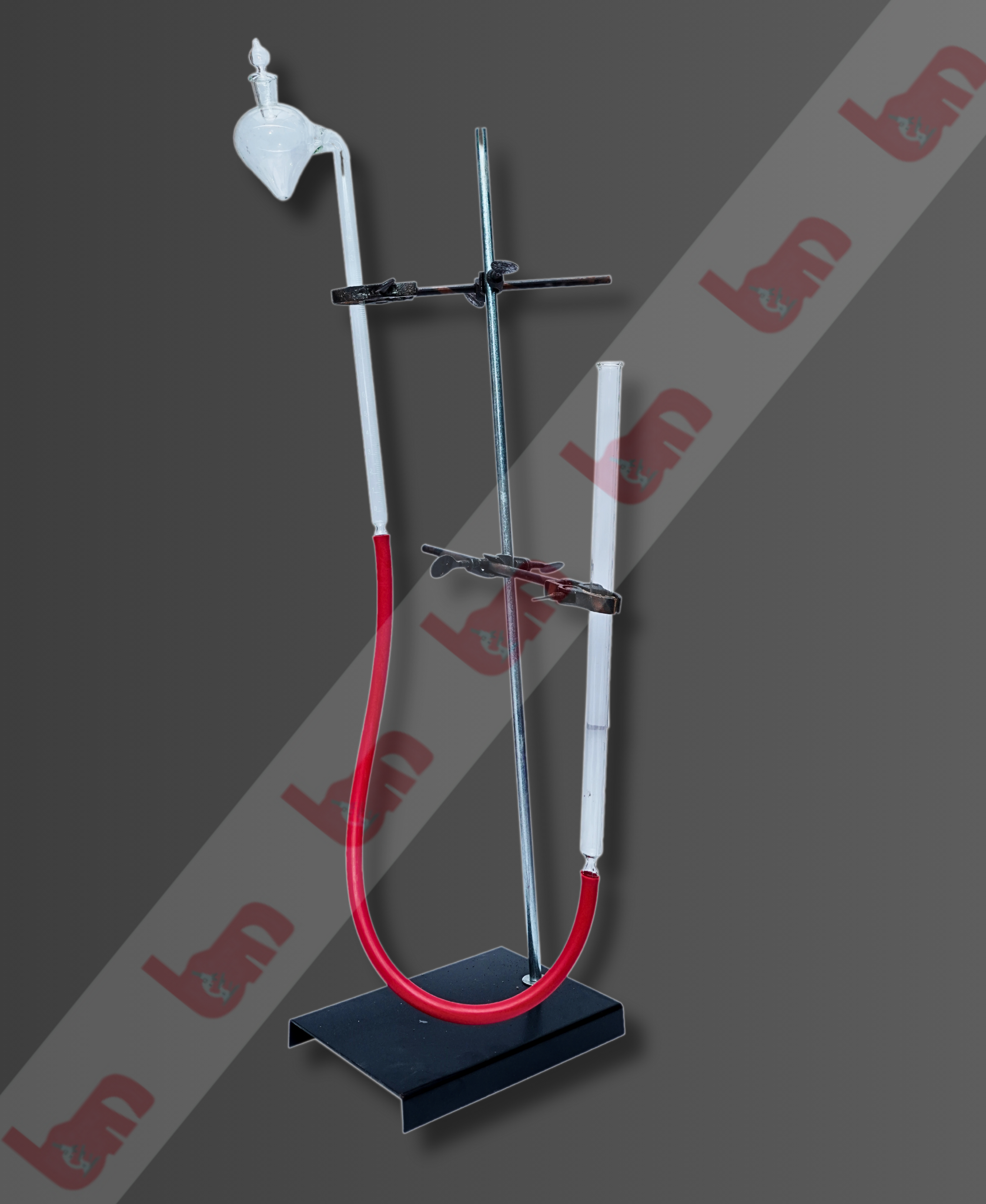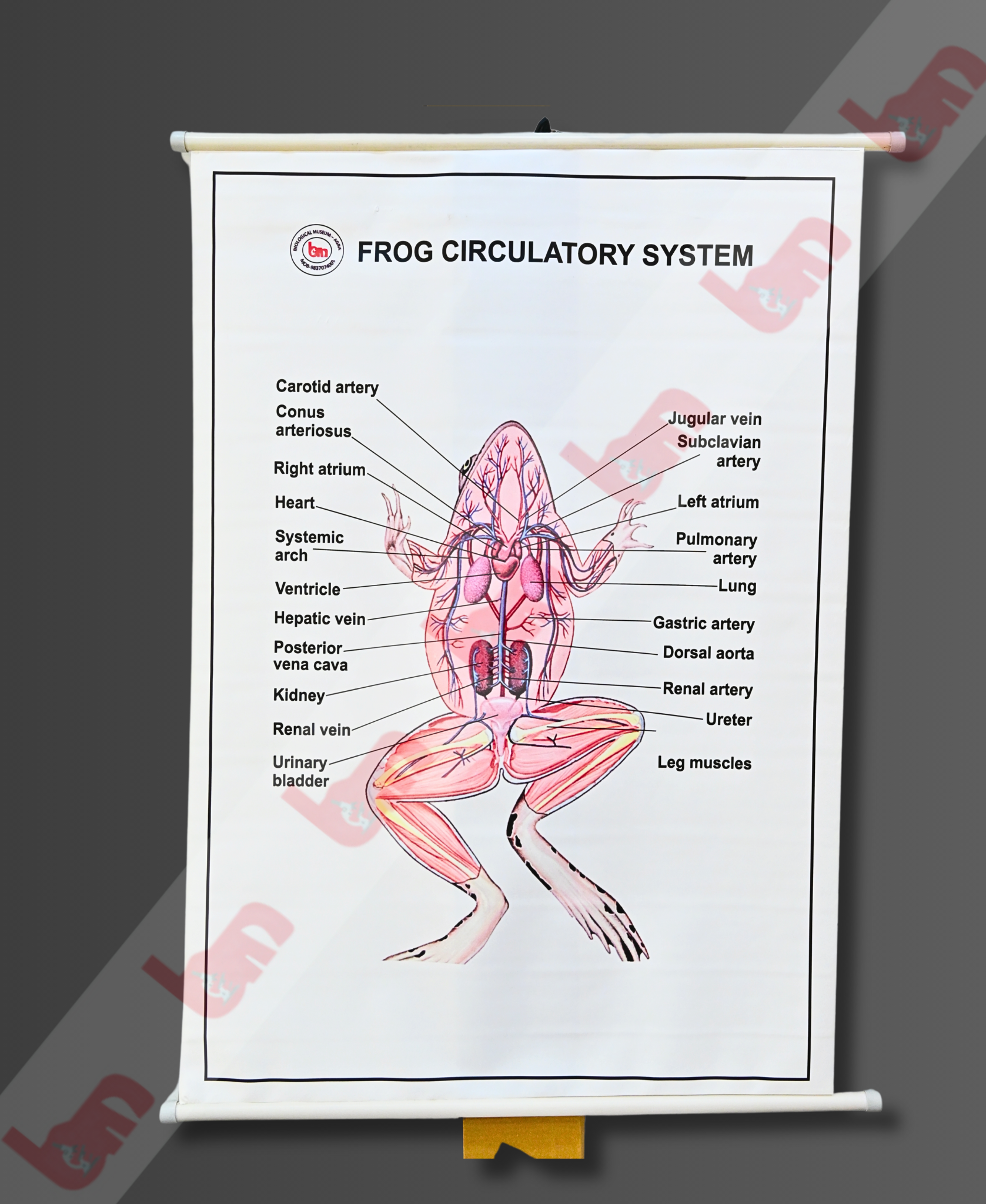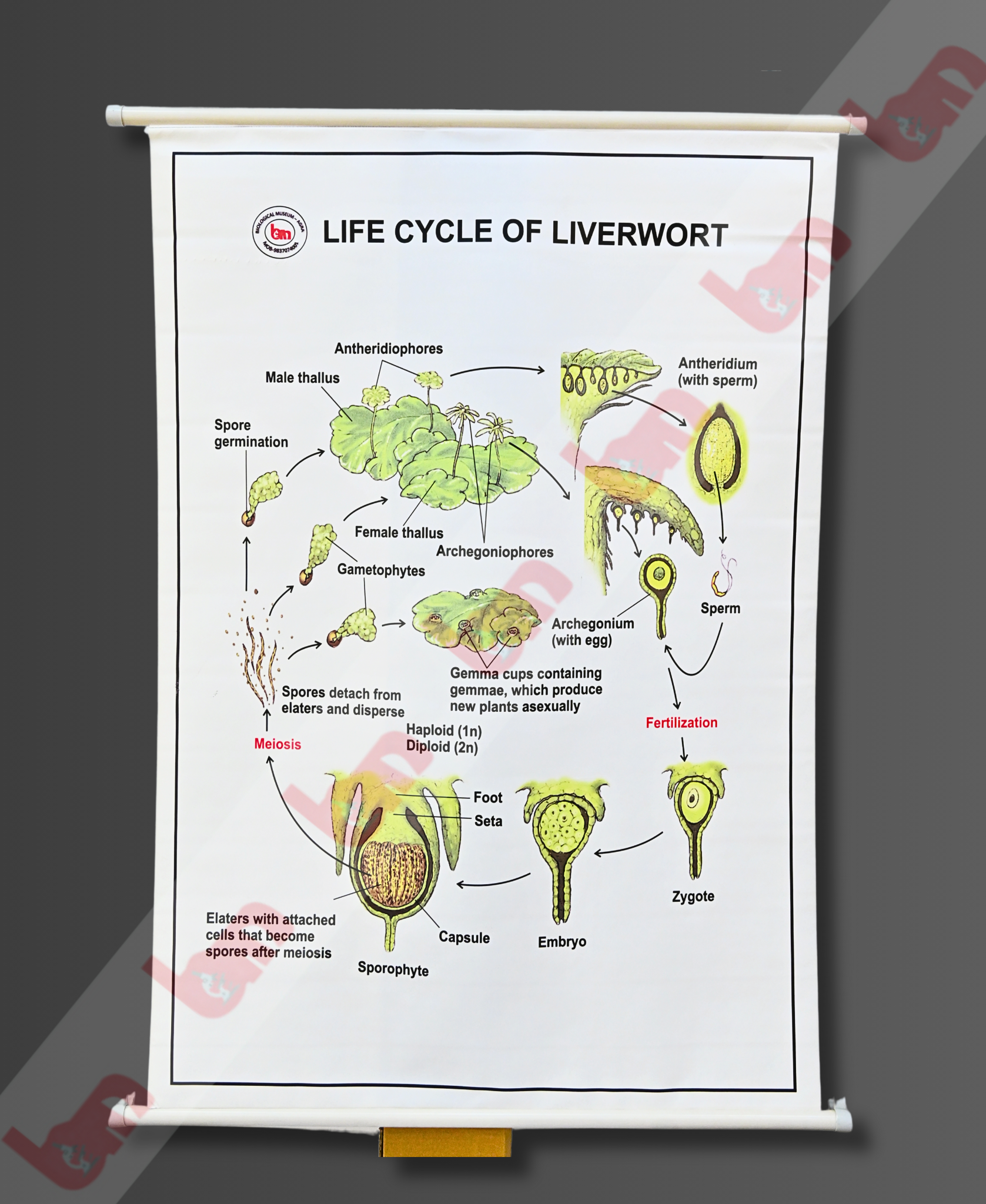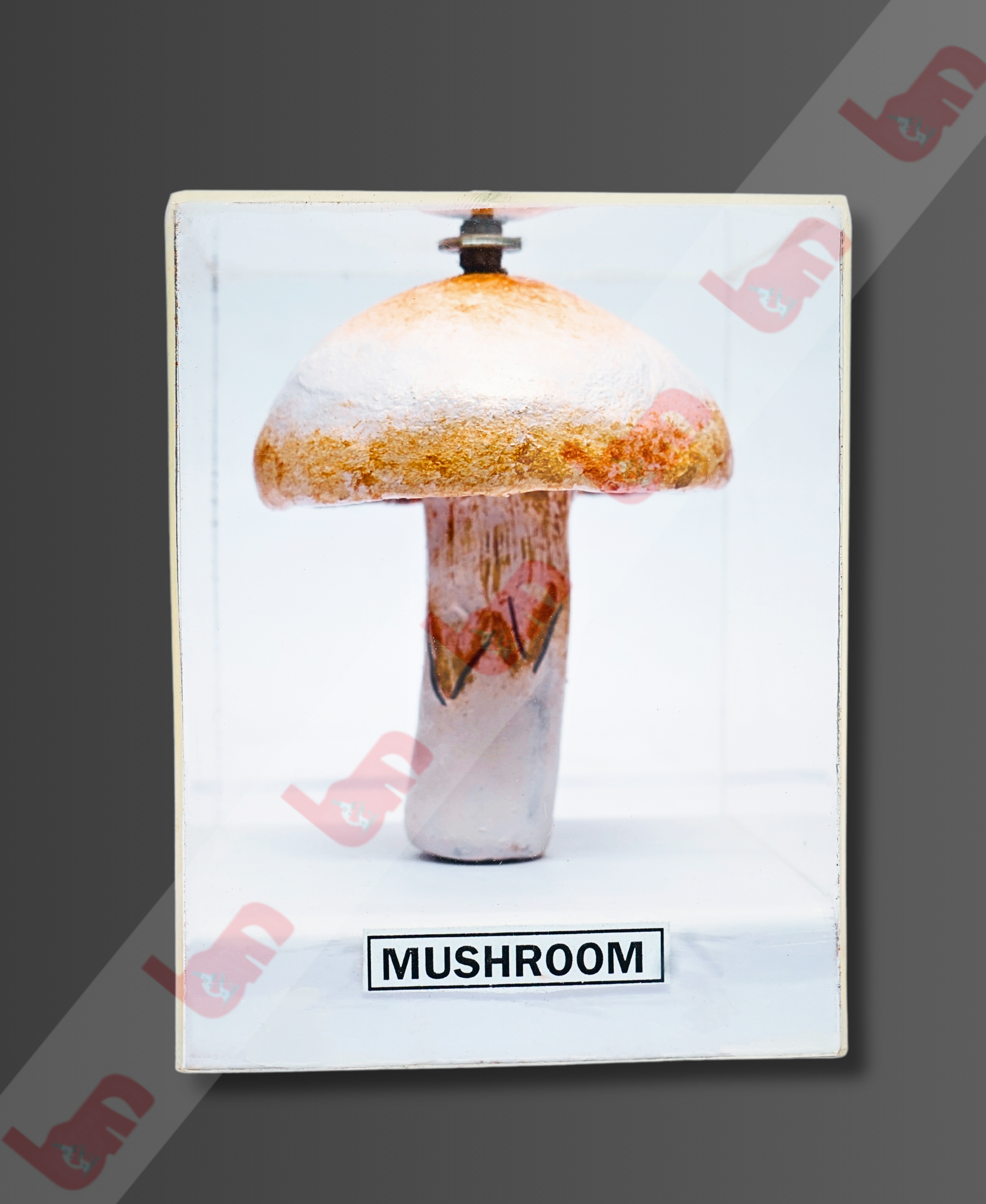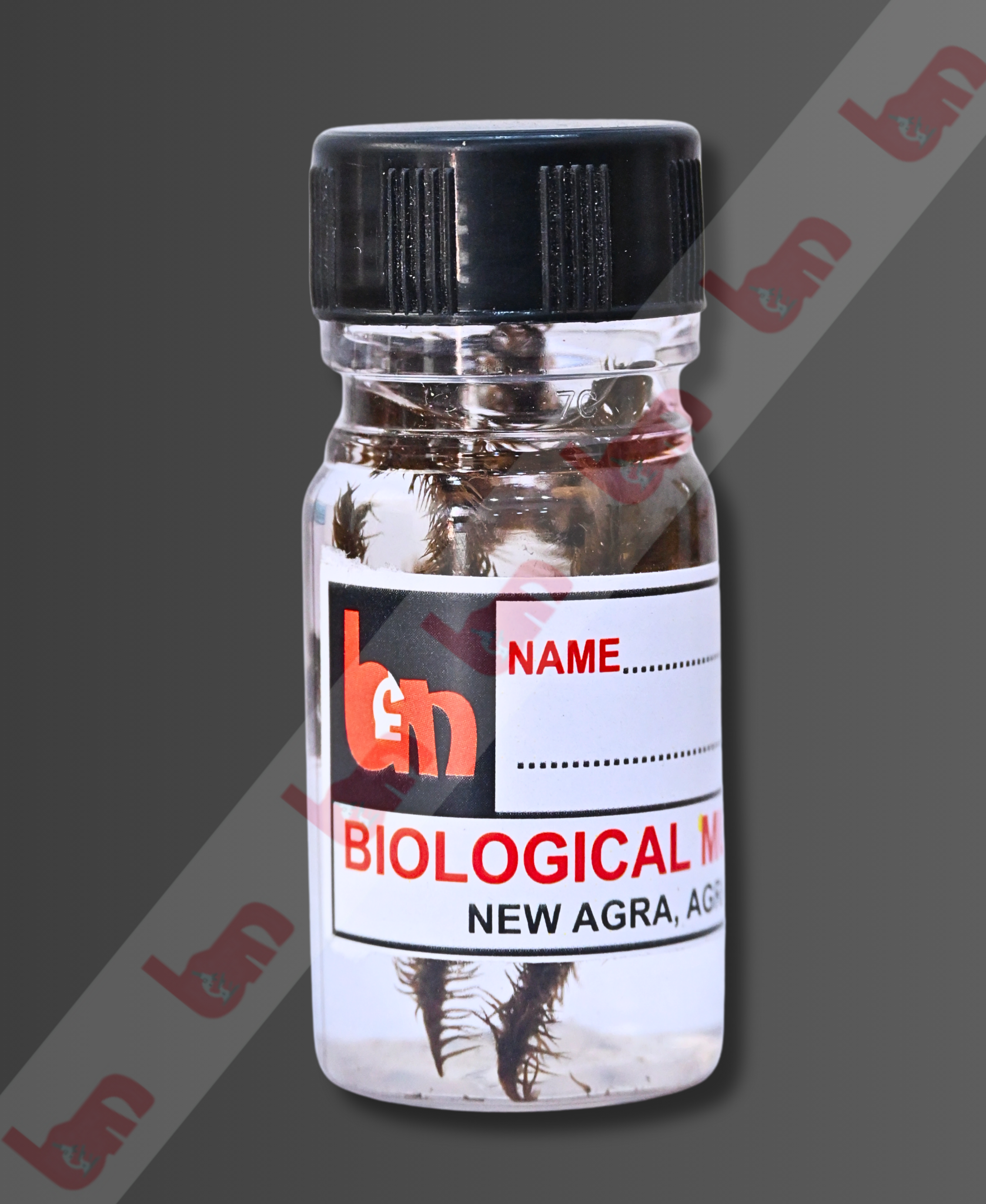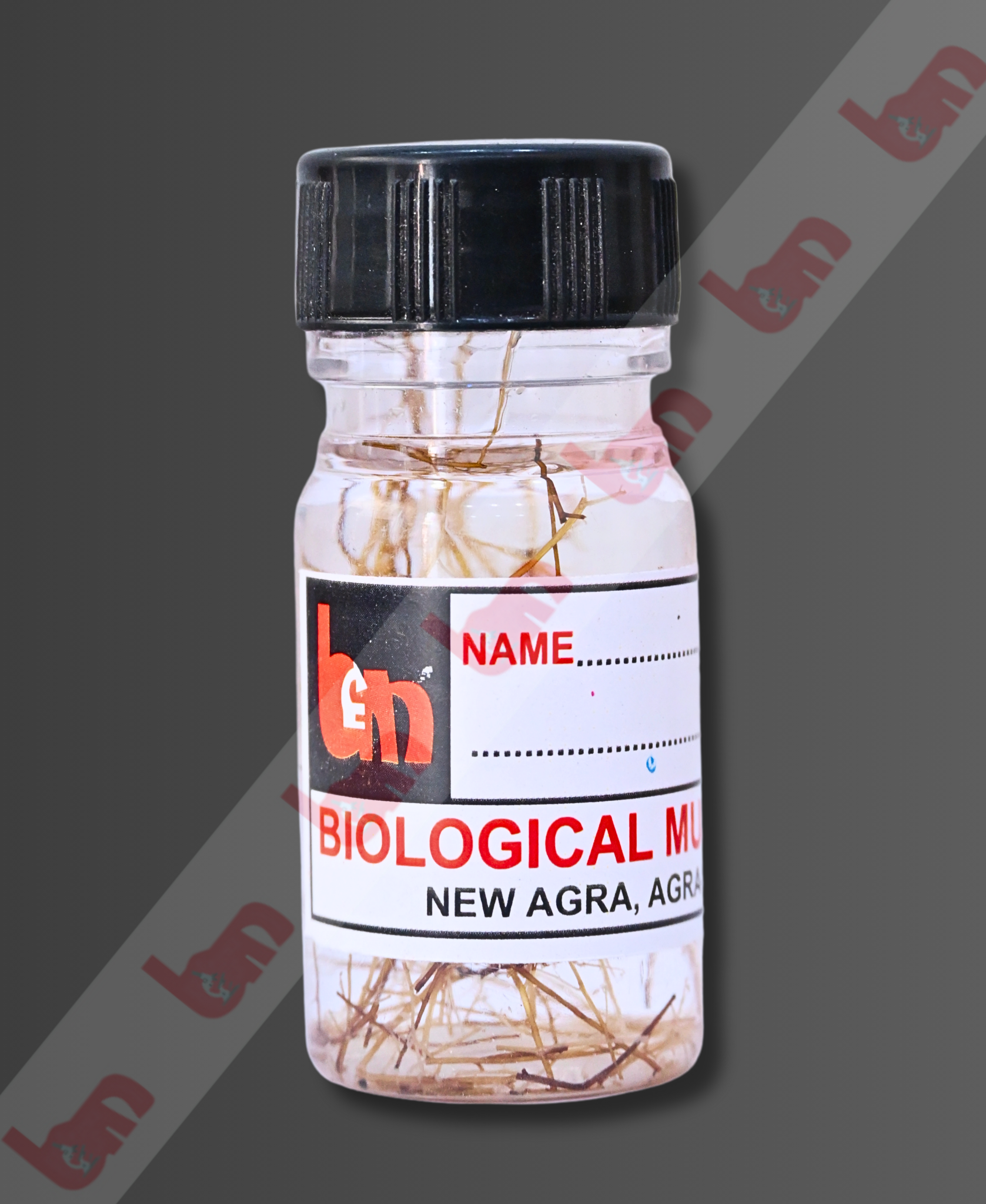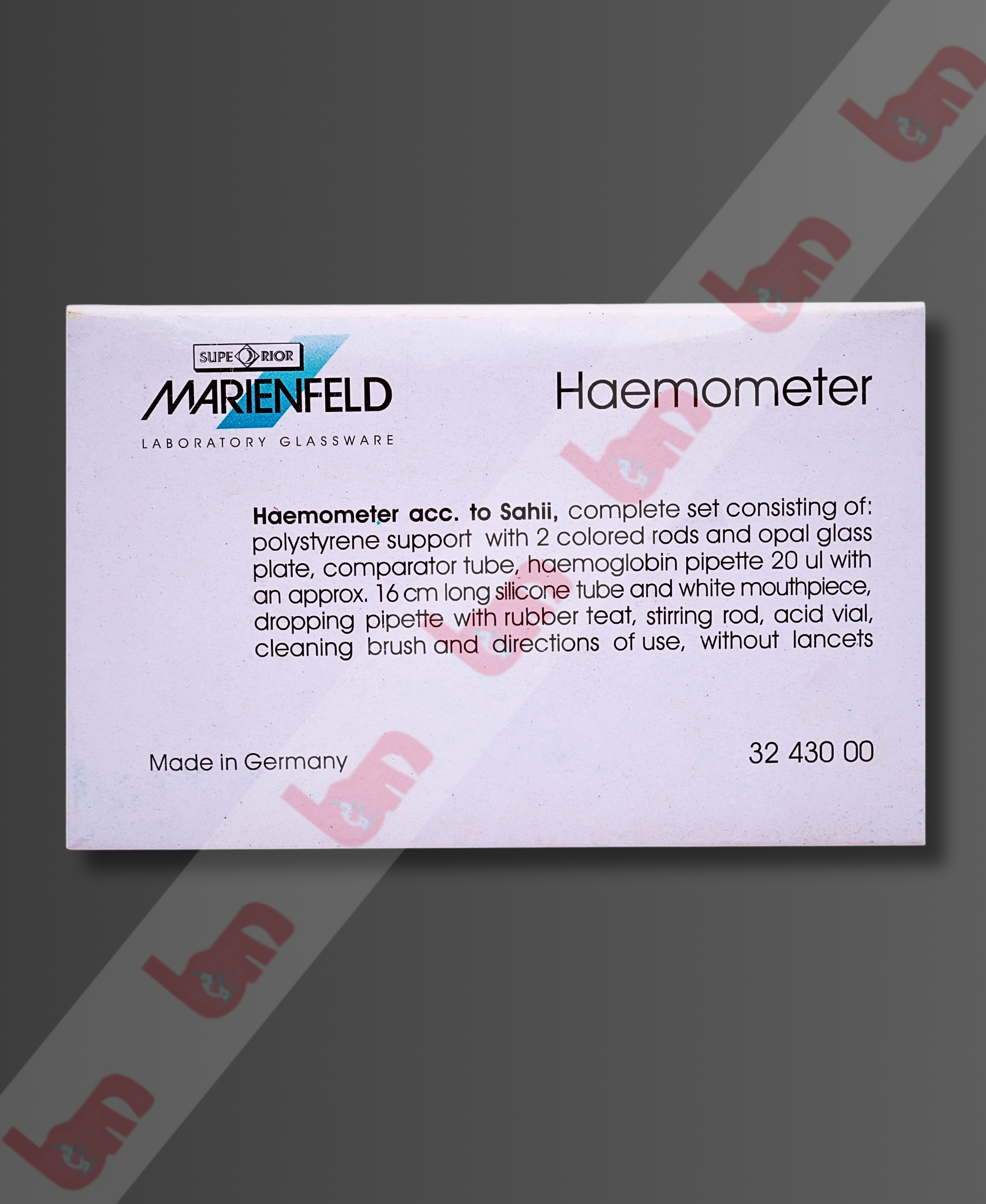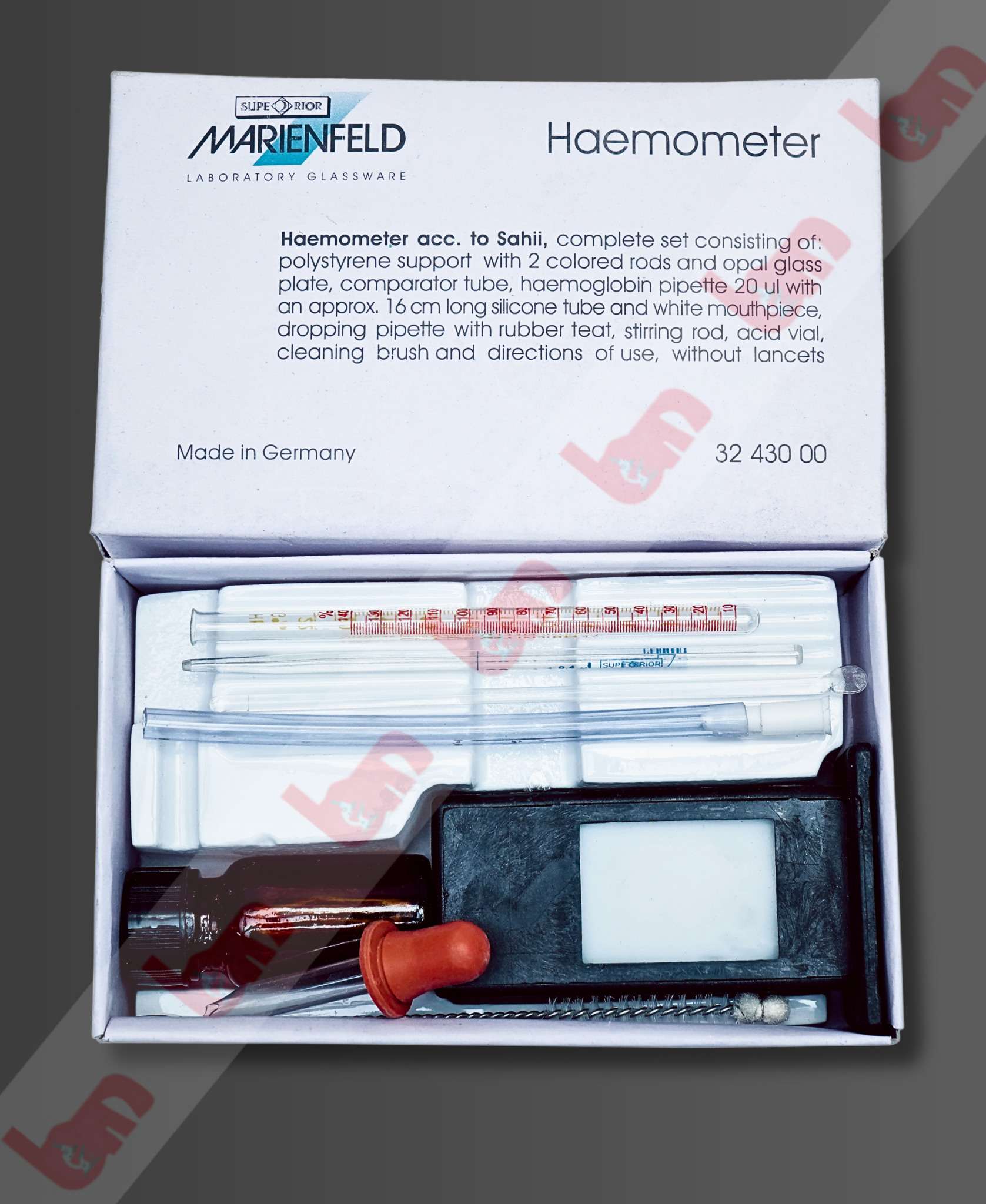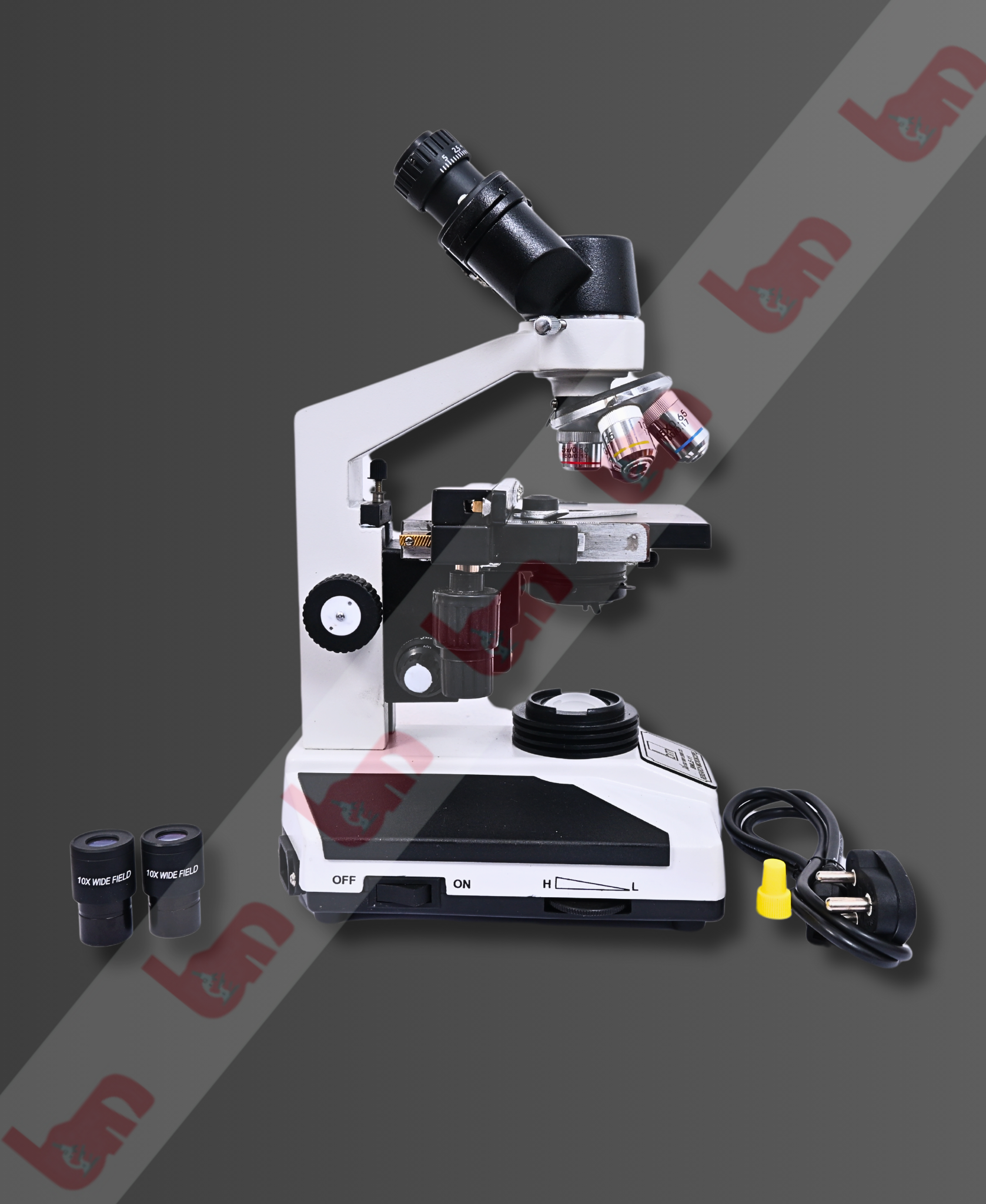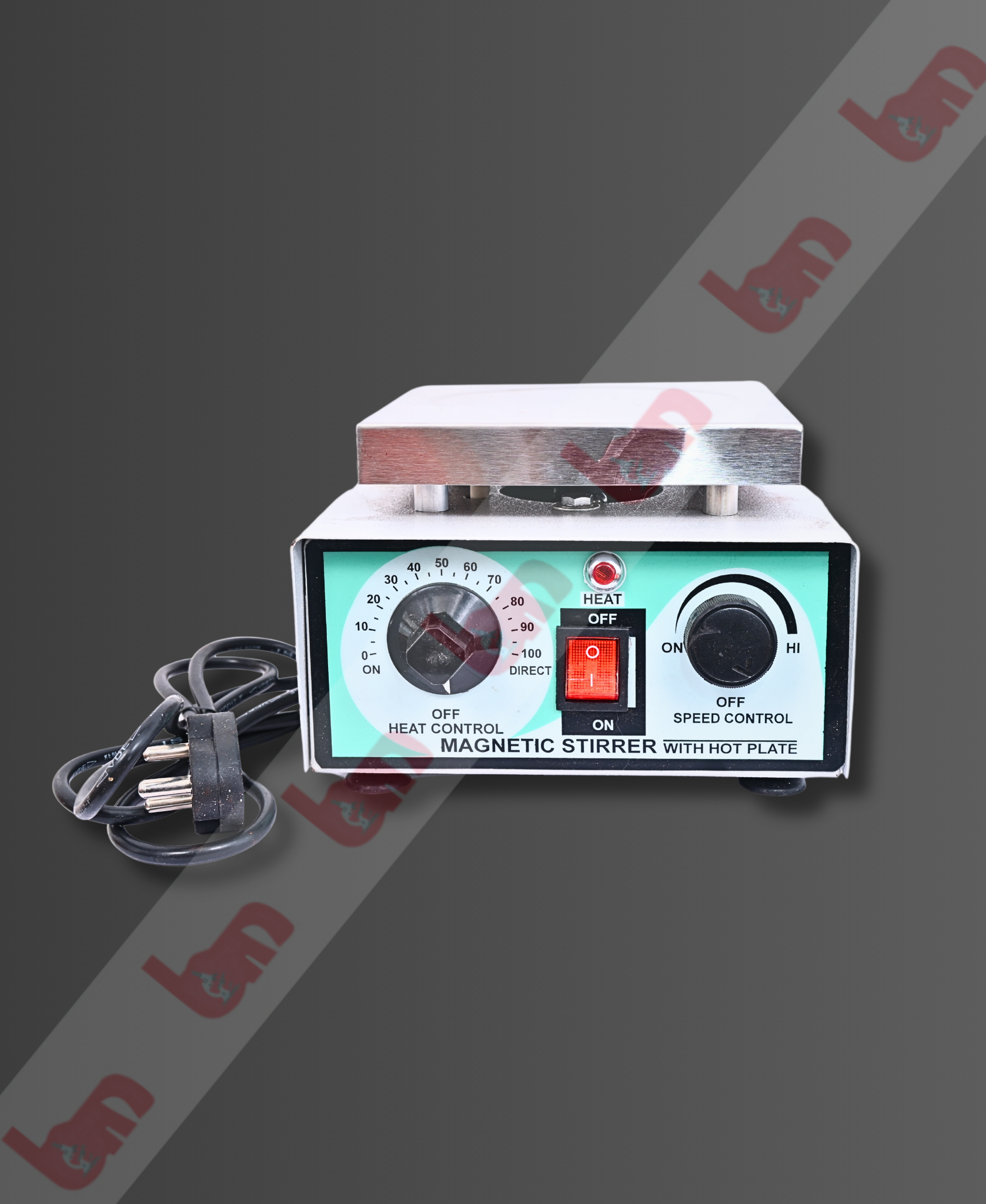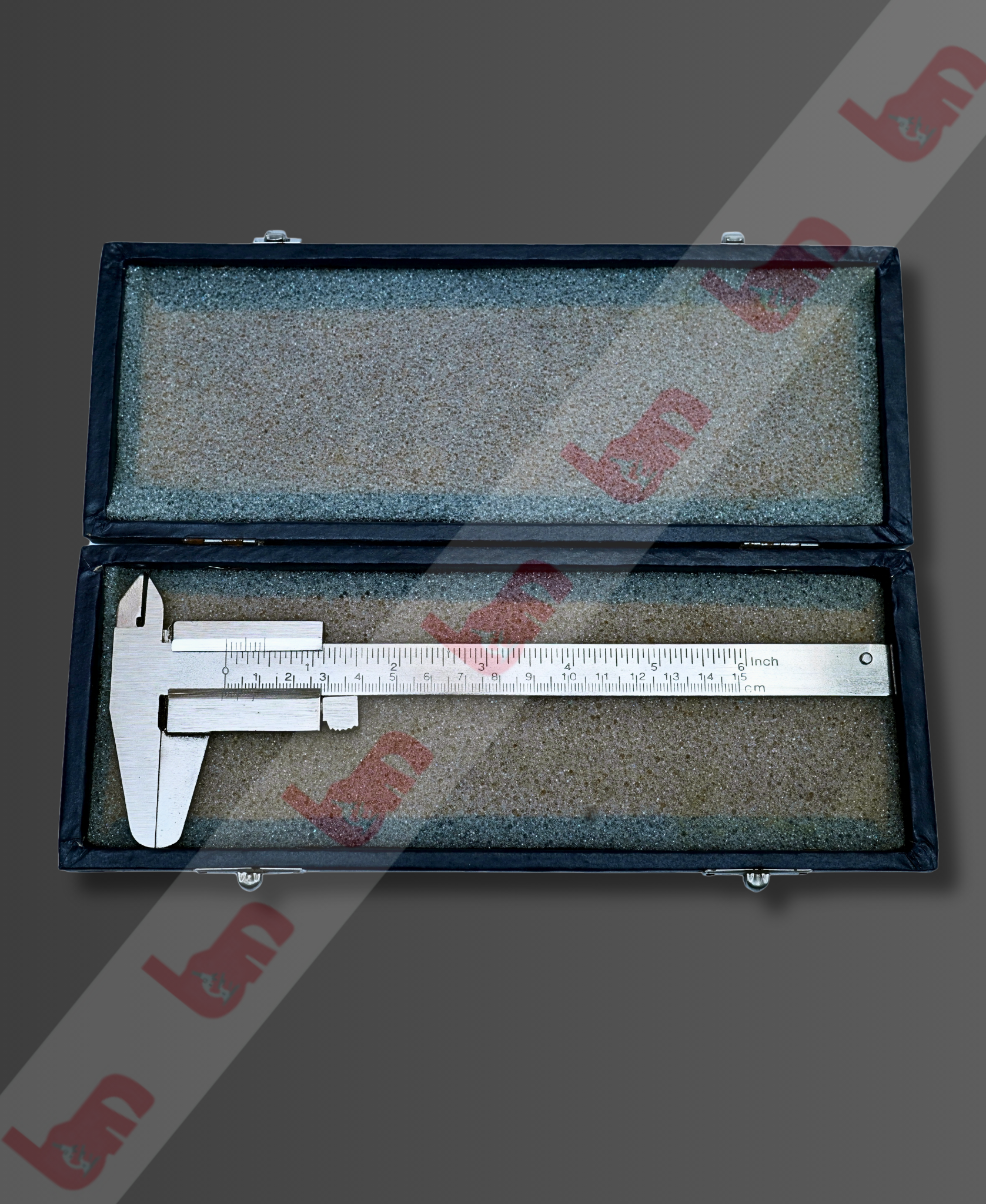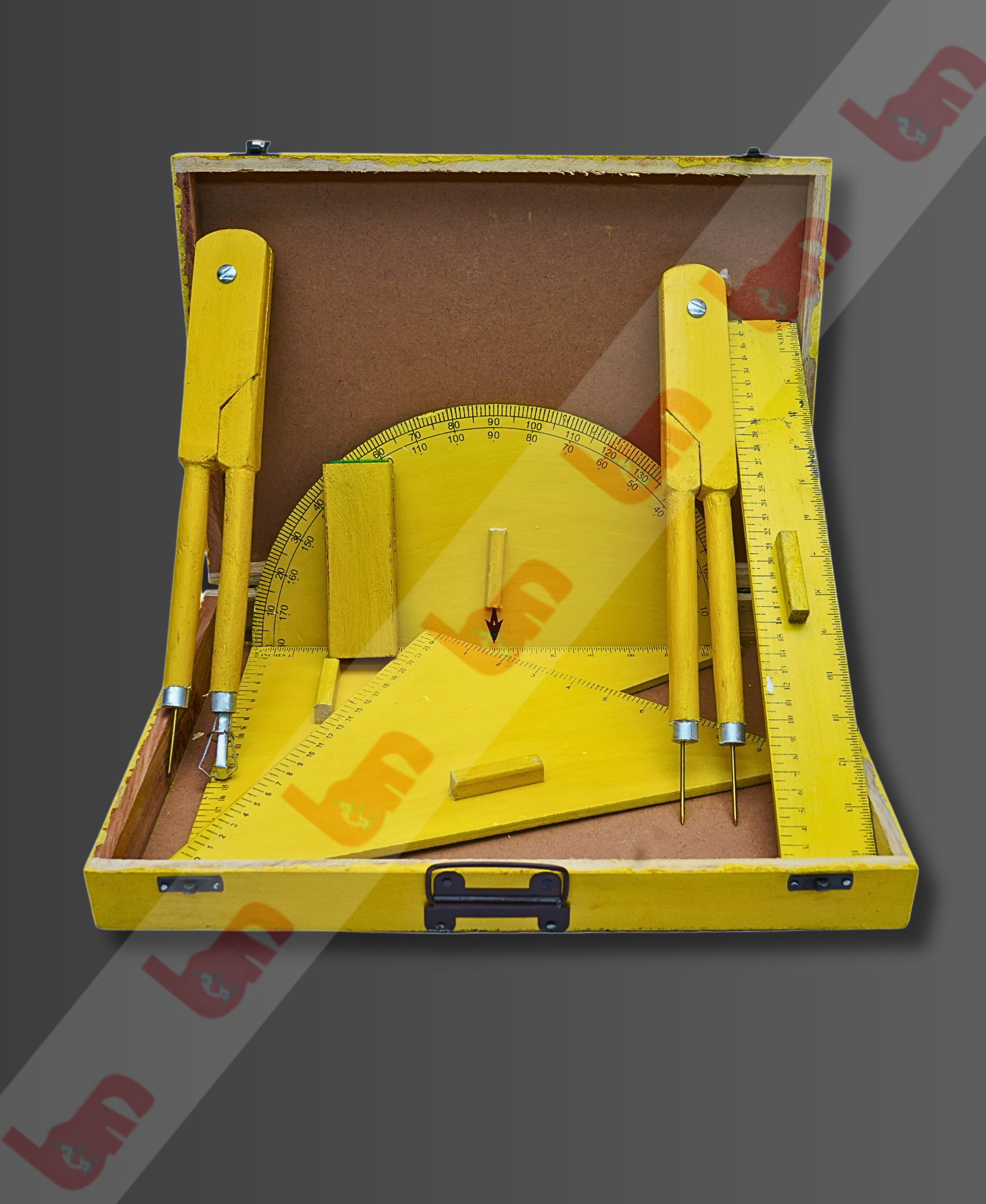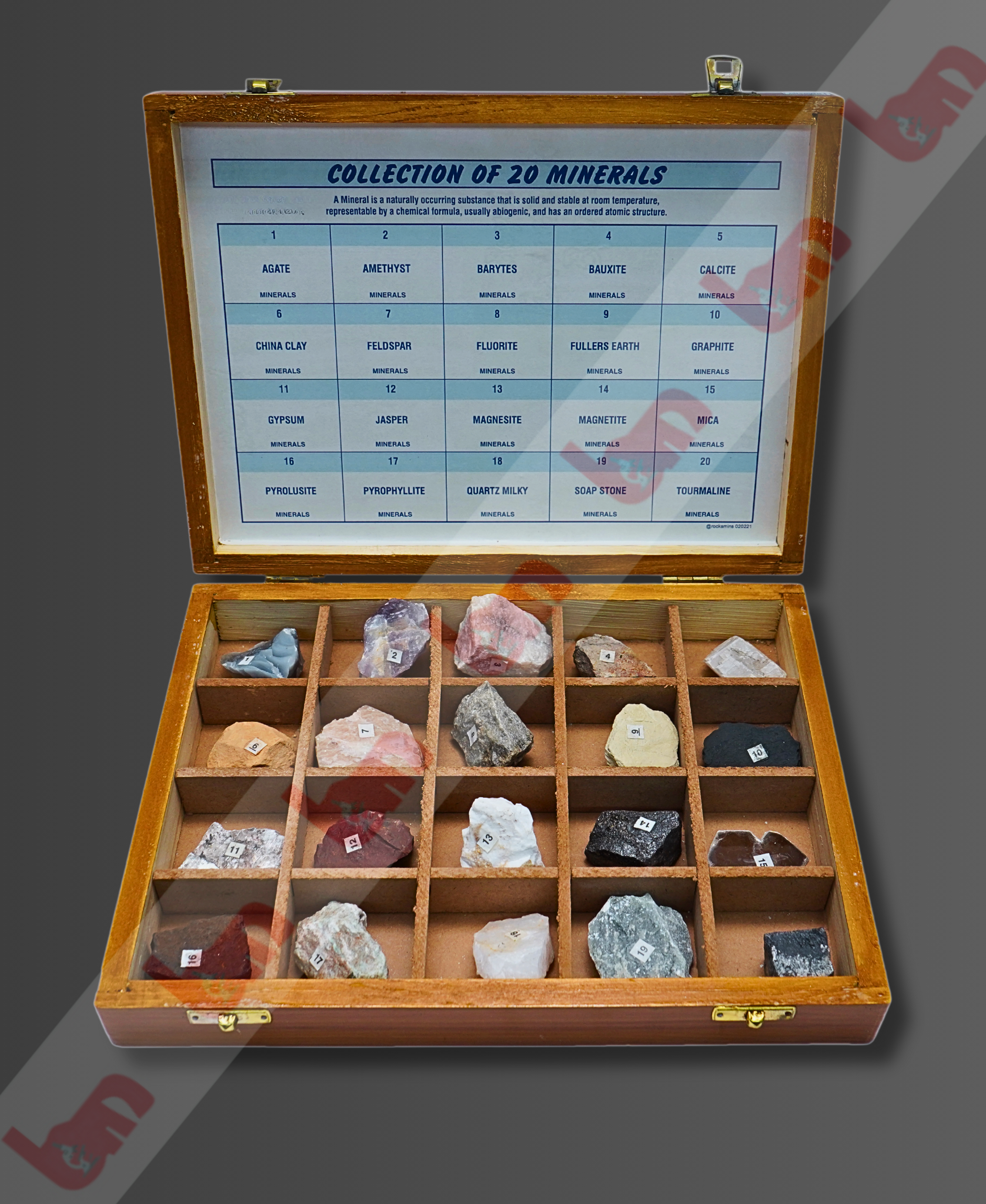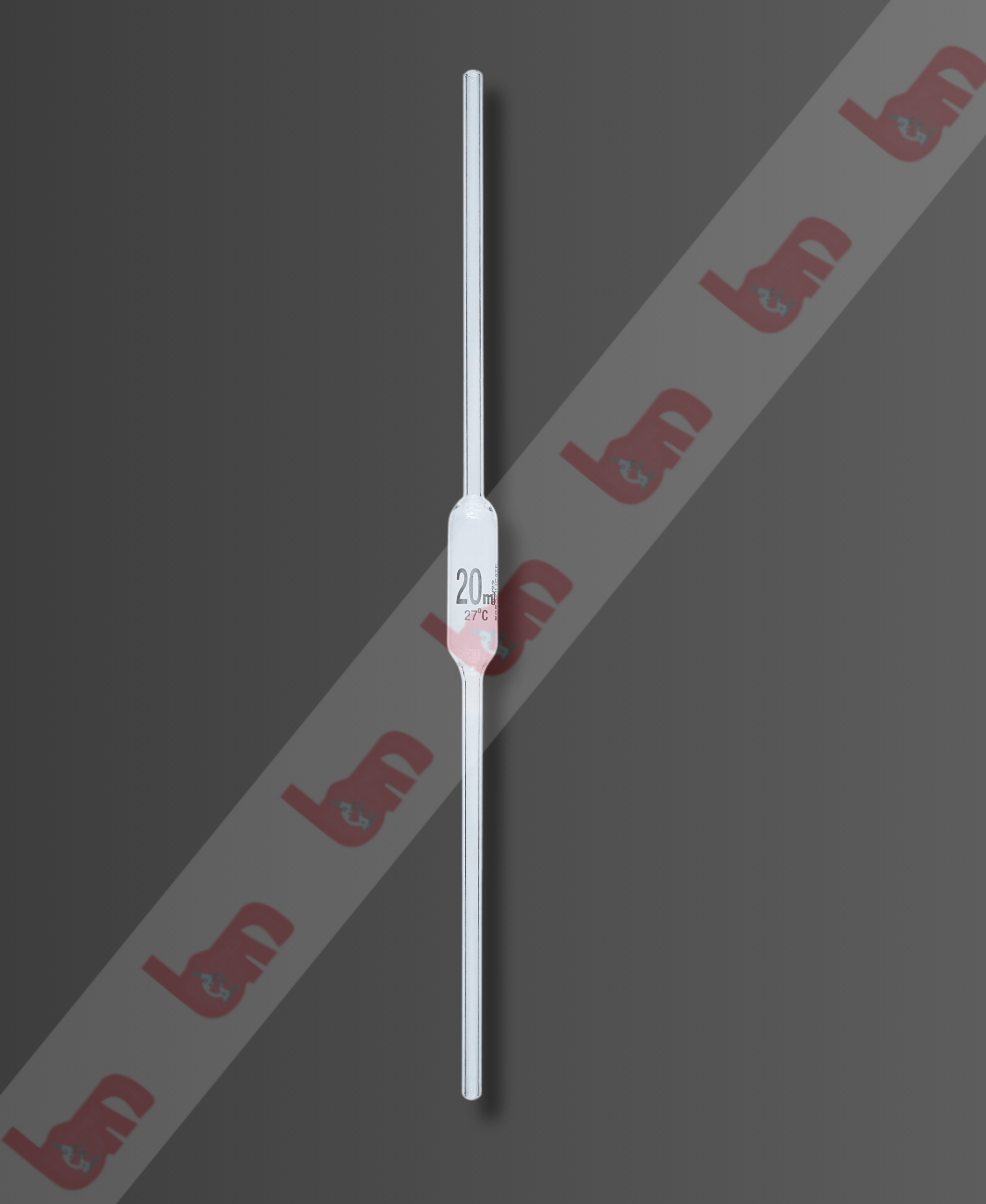Plant Physiology Apparatus: Tools for Advanced Plant Research
Understanding Plant Physiology Apparatus
Plant Physiology Apparatus are specialized tools and instruments designed to study the physiological processes in plants. These apparatuses are essential in research and education to explore how plants grow, develop, and respond to environmental changes.
From photosynthesis to water transportation, these tools aid in understanding vital functions, supporting breakthroughs in agriculture, botany, and environmental science.
Key Features
Material Variety: Includes glass, plastic, and iron stands with wooden boards tailored to the specific apparatus.
Courses Covered: Suitable for topics across school-level syllabi, NCERT guidelines, and undergraduate and postgraduate courses in colleges.
Popular Products:
- Ganong’s Resirometer
- Ganong’s Potometer
- Farmer Potometer
- Wilmott Bubbler
Our Range of Plant Physiology Apparatus
1. Apparatus for Osmotic and Imbibition Phenomenon
- Material Options: Glass, plastic, or iron stand with wooden boards as required for the specific setup.
- Usage: Designed to study the process of osmosis and the absorption of water in plant cells.
2. Apparatus for Root Pressure
- Material Options: Glass, plastic, or iron stand, along with a wooden board for stability.
- Usage: Helps in understanding the phenomenon of root pressure and its effect on plant physiology.
3. Apparatus for Transpiration of Water
- Material Options: Glass, plastic, or iron stand with a wooden base for proper support.
- Usage: Used to study water loss in plants through transpiration, providing insights into water movement.
4. Potometers
Material Options: Glass and plastic versions with precise graduation and measurement features.
Types:
- Ganong’s Potometer
- Farmer Potometer
- Wilmott Bubbler
Usage: Designed for measuring water uptake and transpiration rates in plants.
5. Apparatus for Respiration
- Material Options: Glass or plastic containers, with iron stands and wooden boards as required.
- Usage: To study the respiration rate of plants, analyzing oxygen consumption and CO₂ release.
6. Apparatus for Photosynthesis
- Material Options: Glass containers or plastic chambers with wooden stands for experiments.
- Usage: Used to investigate the process of photosynthesis, including the absorption of light and CO₂ conversion into sugars.
7. Apparatus for Plant Growth Temperature and Electrical Phenomenon
- Material Options: Glass or plastic setups with temperature regulation features and electrical measurement tools.
- Usage: Designed to examine plant growth under various temperatures and electrical conditions, analyzing electrical responses in plants.
Why Choose Us for Plant Physiology Apparatus?
- Quality Assurance: We offer durable and reliable tools built for precise measurements.
- Wide Range: Our inventory caters to diverse research and educational needs.
- Expert Support: Our team provides technical support and advice to help you select the right apparatus.
Q1. Who needs Plant Physiology Apparatus?
Plant Physiology Apparatus is ideal for: Educational institutions teaching botany or agricultural science. Research labs conducting plant-based experiments. Farmers and agricultural scientists exploring crop efficiency.
Q2. How do I choose the right apparatus for my needs?
Consider the following factors: Purpose: Identify the physiological process you need to study (e.g., photosynthesis, transpiration). Scale: Choose equipment based on the size and scope of your experiments. Features: Look for tools with advanced features like data logging or automated controls.
Q3. Are these apparatuses easy to use?
Yes, most Plant Physiology Apparatus come with user manuals, video tutorials, and software guides, making them accessible even for beginners.



